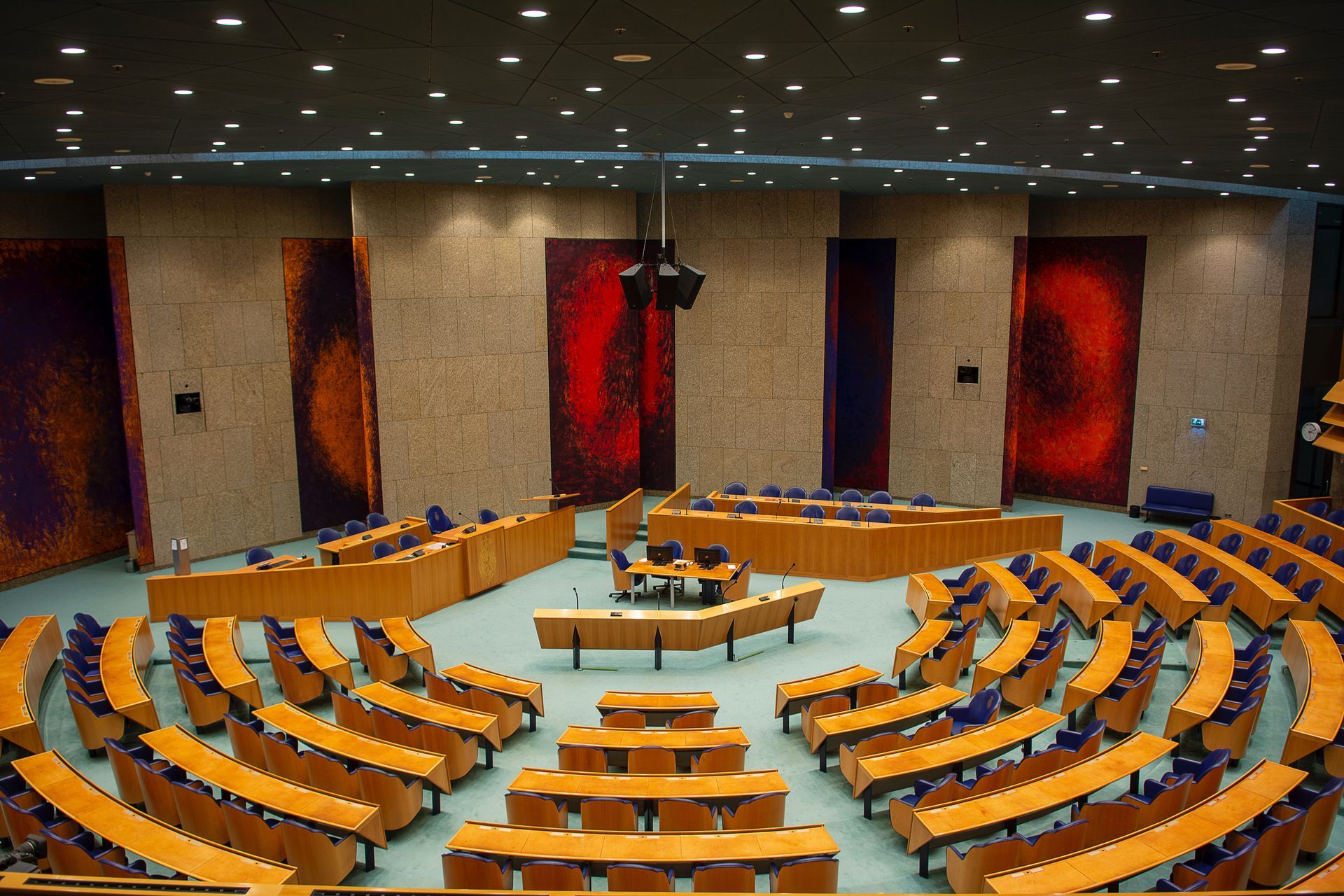Voluntary Carbon Markets
Delivering carbon project development solutions for companies eager to enter carbon markets or commit to eco-friendly practices.
What We Do Download ReportCarbon Offset Solutions Through Conservation & Reforestation
Investing in Sustainable Livelihoods and Biodiversity Conservation
We provide full-scope carbon project origination and development services, overseeing the journey until the Carbon Emission Reductions (CERs) are verified and ready for trade. Our commitment extends beyond mere carbon offsets; through REDD+ projects, we promote sustainable livelihoods and protect biodiversity in partnership with local communities.





